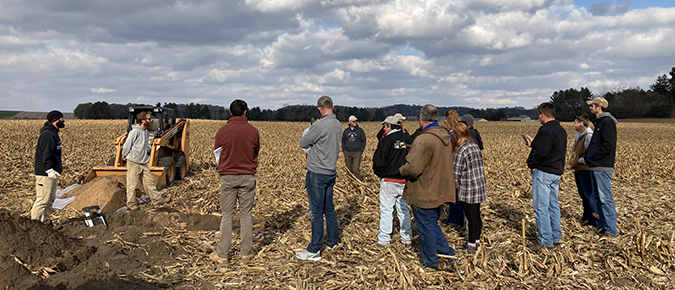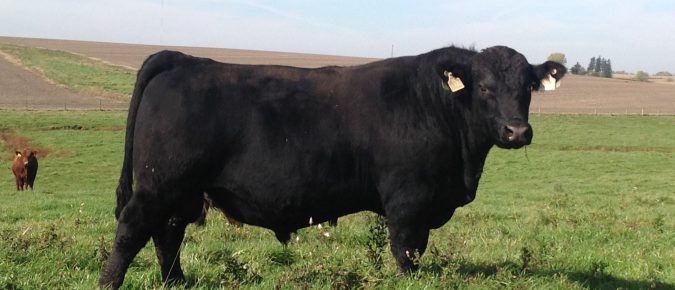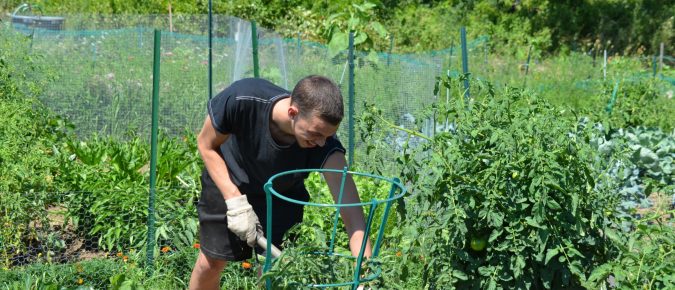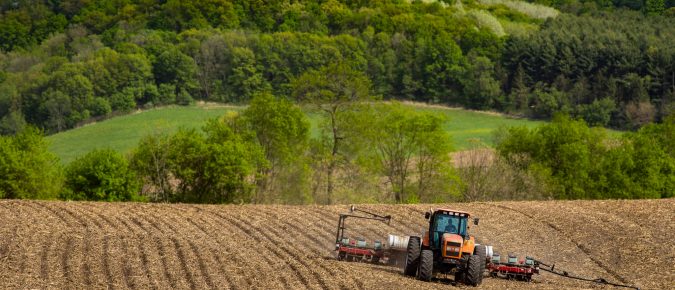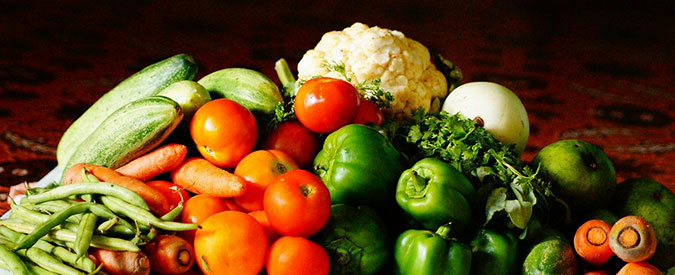Reducing Harmful Chemicals in Gardens & Fields
The overuse of horticulture chemicals creates significant environmental contamination and pollution. For example, homeowners can apply up to 10 times the amount of pesticides per acre compared to farmers. Although green industry professionals who apply horticulture chemicals are regulated, they may use restricted-use pesticides that have the potential to cause harm to the environment and […]
Improving Farm Profitability
Supply chains strained by the COVID-19 pandemic have made agricultural markets increasingly volatile. Farmers are trying to manage these disruptions by exploring new directions and opportunities. One strategy farmers are pursuing is diversification of farming enterprises. Diversifying a farm’s enterprises reduces large year-to-year variations in income and ensures adequate cash flow. But diversifying a rural […]
Adapting Forage Crops Against Changing Weather
Changing weather patterns have led to colder and wetter springs and falls, complicating the procedures to plant and harvest traditional crops such as corn silage and alfalfa that are fed to cattle. This has led to a 50-year low in inventory of these forages. In response, Wisconsin farmers have begun growing alternative forages, such as […]
Sustainability & Profitability of Beef Production
Facility management plays a key role in the profitability of beef enterprises. Damaged buildings lead to animals facing adverse winter and summer conditions, slowing down their rate of growth and ultimately leading to higher producer costs due to increased inputs such as feed. The cost of repairing or replacing damaged buildings can be high, and […]
Supporting Safe & Sustainable Gardening
Vegetable gardening is important to many Wisconsin households with more than 440,000 households (19%) purchasing vegetable plants over a one-year period and 320,000 households (14%) purchasing vegetable seeds over a one-year period. Approximately 1.5 million adults in Wisconsin (32%) have a garden of some kind. Due to the pandemic, stay-at-home orders and fear over disease […]
Improving Farms through Informed Decision-making
Agriculture is central to a prosperous Wisconsin, contributing more than $100 billion annually to our state’s economy and nearly 12% of our state’s employment (providing over 435,000 jobs). Running a successful farm business is increasingly challenging and the current economic situation continues to have an impact financially for many farms. Much uncertainty exists for commodity […]
In-Season Support for Crop Management Decisions
In Wisconsin, 7 million acres of field crops, hay and haylage are harvested, at a value of 3.6 billion USD. Those farm operations are the foundation of Wisconsin’s agriculture industry. Although the overall agriculture industry is growing in Wisconsin, the farm operation component has struggled from declining prices in recent years. Multiple years of depressed […]
Extension Farm Management Program: Improving farm profitability and lifestyles through informed decision-making
Running a successful farm business is increasingly challenging and the current economic situation continues to have an impact financially for many farms. Weathering these uncertainties depends on farm owners successfully managing their farm’s financials, effectively managing their workforce, considering alternative enterprises as appropriate, or all three. The Extension Farm Management Program provides research-based farm business management information, resources and decision-making tools to farmers and agribusinesses to improve business profitability and lifestyles through informed decision-making.
Helping Ensure Safe and Healthy Fruits and Vegetables
Fresh produce growers are required to comply with the federal Food Safety Modernization Act (FSMA) Produce Safety Rule that is intended to minimize the risk of consumer food borne illnesses from the fresh produce they grow. Produce farming practices in Wisconsin are diverse and there is no one-size-fits-all approach to produce safety. Extension educators assist growers by providing training and by visiting farms to provide produce safety technical assistance needed by growers to pass inspections.
Helping beef producers ensure their commitment to producing high quality, wholesome and safe food
American consumers are increasingly concerned about food safety and animal welfare. Extension workshops about animal care and husbandry, animal welfare and food safety help Wisconsin beef producers assure consumers they are getting high quality, wholesome and safe beef products.


